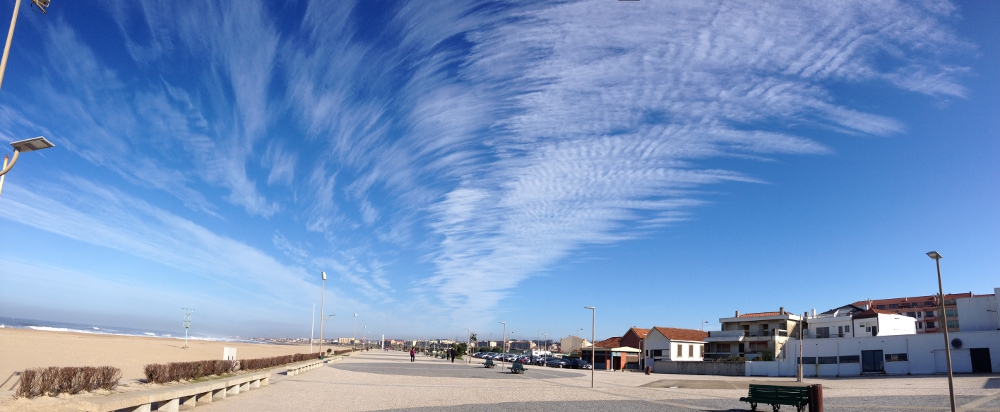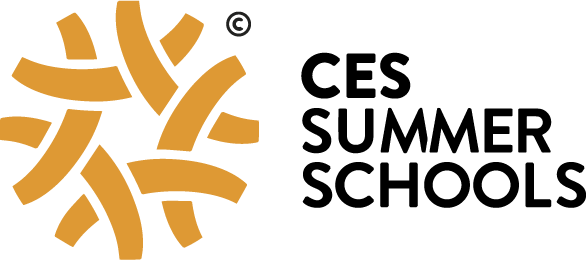
Thematic area(s) of the course
Artistic and creative practices, urban resilience, urban sustainability
Course description
Urban sustainable development requires enhancing urban resilience. In this Summer School, we look at resilience as a space for translocal bottom-up learning, emerging artistic-cultural-ecological approaches or as a ‘Space of Possibilities’. Resilience for us is openness, possibility, emergence, creation, non-structuration, art, praxis, mutual learning and doing . . . It is not a 10-point governmental program to be implemented (e.g., early warning, knowledge transfer, etc.).
Several key characteristics of resilience (redundancy, diversity, learning modes, and self-organization) can potentially be fostered in urban neighborhoods through creative practices entangling natural and cultural resources and processes such as “ecological art” and “social practice” interventions, “urban gardening” projects, autonomous social-cultural centers fighting against gentrification, and artivist actions that question unsustainable city planning and societal behaviours. However, how far does the potential of such practices reach? When and how do they scale up to wider urban institutions as drivers of transformations, fostering systemic innovations? What limits and challenges do they encounter? How far do they foster urban resilience towards sustainability as a transformative search process of fundamental change, or are they coopted into neoliberal urban development? What recurrent processes and structures can be observed across different contexts? And how can we learn from these in order to support transformative processes?
The summer school, conceived as an extended workshop, will explore comparative insights across different urban initiatives and projects. We invite researchers, artists, and practitioners to address together several sets of questions and reflect on their empirical research, previous project experiences, and expertise from different cities. Insights emerging from the workshop will inform, and be informed by, the ongoing international comparative research project/network “Culturizing Sustainable Cities: Catalyzing translocal learning and advancement of emerging artistic-cultural environmental approaches”, initiated by the Center for Social Studies at the University of Coimbra, Portugal, and the transdisciplinary research project “The City as Space of Possibility” at Leuphana University Lüneburg, Germany. In addition, insights from the summer school will be disseminated through Cultura21, an international network of cultural practitioners, researchers, and others (e.g., cultural policymakers) who are focused on advancing cultures of sustainability.
Participants
Researchers (multidisciplinary), graduate students and post-docs, artists, and practitioners working with community-based artistic and sustainability/resilience initiatives
During the pre-registration process, applicants are asked to submit [HERE] a brief statement on the relevant project(s)/initiative(s) with which they are involved, and why they want to attend the summer school. These statements will be reviewed as part of the participant selection process. EXTENDED DEADLINE: Wednesday June 15, 2016. All applicants will be notified of selection process results ASAP.
Researchers responsible
Nancy Duxbury (CES) and Sacha Kagan (Leuphana University Lüneburg)
Core Team
Nathalie Blanc, Le Centre national de la recherche scientifique (CNRS), France
Nancy Duxbury, Centre for Social Studies, University of Coimbra
David Haley, Manchester Metropolitan University, England
Verena Holz, Leuphana University Lüneburg, Germany
Sacha Kagan, Leuphana University Lüneburg, Germany; ESA RN2; Cultura21
Registration
Earlybird rate - (EXTENDED to June 15): € 150
Late rate from June 16 (if spaces still available): € 165
Fee includes: Summer School registration and materials | Welcome BBQ or dinner on Sept 5 | Lunch on Sept 6 and 7 | Breaks (5)
Accommodation and dinner on Sept. 6 at own cost.
Maximum number of registrations: 25 | Minimum number of registrations: 20
Getting to Espinho
Espinho can be easily reached by train from Porto – Campanhã station. See https://www.cp.pt/passageiros/en/ for train schedules and prices
Summer school organized by Centre for Social Studies (CES) at the University of Coimbra, in collaboration with the ESA (European Sociological Association) Research Network Sociology of the Arts and its 9th Midterm Conference being held in Porto September 8-10, 2016. The insights generated at the summer school will be shared in a workshop at the Midterm Conference.
Scientific projects relating to the course
“Culturizing Sustainable Cities: Catalyzing Translocal Learning and Advancement of emerging Artistic-cultural Environmental Approaches” – Nancy Duxbury, CES
“The City as Space of Possibility” – Volker Kirchberg, Ute Stoltenberg, Ursula Weisenfeld, and Sacha Kagan, Leuphana University Lüneburg, Germany
More information ACP@ces.uc.pt
This is a self-funded, non-profit Summer School


